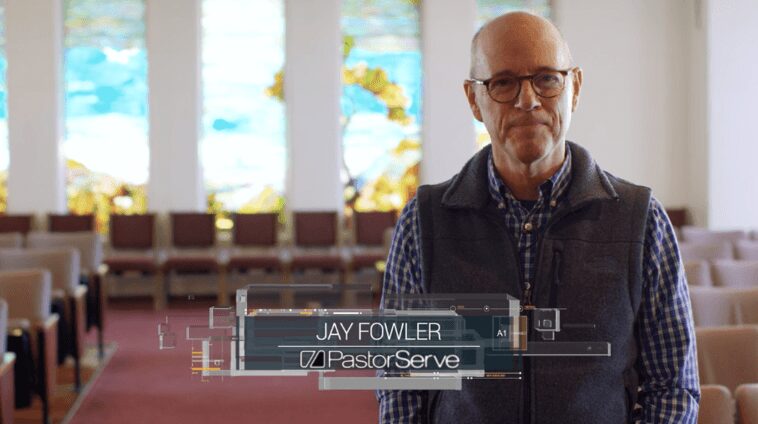In a time when pastors are leaving the ministry at a very rapid rate (Just Google that and brace yourself.), here’s a question to which every church needs to respond: Who will the next generation of pastors be? Of course, we don’t need to limit this to pastors. Who will the future leaders of the church be? More importantly, who will shoulder the majority of the responsibility in equipping these young men and women to serve as leaders within the church? We’ll often hear: “Millennials are not just the leaders of tomorrow; they’re the leaders of today in our churches.” If this is true, how are we doing in coming alongside them to help them grow in their leadership journey?
While we, as the Church, are currently failing miserably at this critical task, hopefully we’ll rise again to this challenge. The Church certainly did 2,000 years ago. We see this in how the local church sent out Paul and Barnabas (Acts 13:1-3). Further, in 2 Timothy 2:2, Paul exhorts Timothy, the pastor at Ephesus, to entrust biblical truths and principles to reliable men who will also be qualified to teach others.
Bible colleges and seminaries do a good job of further preparing future leaders through the content heavy curricula of church history, systematic theology, the languages and other topics. However, we shouldn’t expect them to affirm and ultimately raise up future church leaders. How could they realistically do that with their limited exposure to these students? Couple that with the fact that many of these schools have a ways to go in equipping people with the practical aspects of leading a church. That responsibility rests with the Church. Specifically, it lands at the feet of the current leaders of local churches: pastors, elders and key staff. If these leaders are seeking to steward this biblical responsibility well, they’ll be engaged in at least four important activities:
- Read. As you read the Scriptures, ask God to help you capture the vision from his word to prepare future church leaders. The biblical examples are obvious.
- Disciple. Disciple a few younger people. This should be an ongoing expectation in every pastor and elder’s job description. In addition to the discipleship component, this can be a valuable process in discovering future church leaders.
- Research. There are some local churches that have truly caught the biblical responsibility and vision for preparing future leaders. Discover who they are. Interact with them. Learn from their best practices.
- Develop. Begin small and build from there in developing an internship ministry for these young men and women. Seek to make it a place where they can process their calling out loud, ask tough questions, be equipped and have opportunities to practice ministry and learn from their successes and failures.
I became a pastor many years ago, in part, because my senior pastor took me out to lunch when I was 27 and asked me this question: Have you ever thought about being a pastor? He went on to say, If you don’t mind, I’d like to walk with you for a season to see what God is up to in your life. Needless to say, that’s a rare conversation in our churches today. Ultimately, it’s by God’s grace and calling that I became a pastor. Though, I know he used my church of over 25 years ago, and especially the pastor of that church, to help me (and many others) discover and embrace his calling on my life to pursue the pastorate. While it has been a very bumpy ride at times, I’m grateful for my calling and for the church that helped prepare me and eventually sent me out. Frankly, we need more stories like this in our local churches!
What’s your church doing to remain faithful to the task of preparing future church leaders? What are you doing individually?



